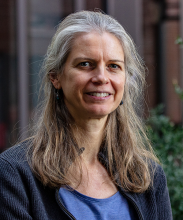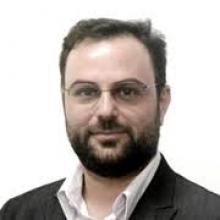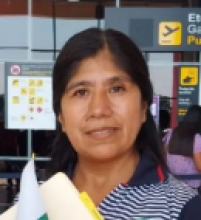This course creates interaction among students and faculty at three institutions and research groups at the University of Florida, the Federal University of Rondônia, and the University of São Paulo to exchange and build knowledge and build shared expereiences regarding social-ecological impacts and adaptive management of dam and other types of infrastructure in the US, Brazil, and other countries. The course will facilitate knowledge exchange via on-line interactions between students at multiple countries and institutions, webinars from experts involved in understanding impacts and management of infrastructure, and the development of student-lead case studies. The course builds theoretical background on social-environment systems theory, environmental impact assessment, governance, and adaptive management and illustartes these concepts through a series of case studies presented by the teaching staff and guest experts.
During the semester, students will work in groups on their own case study analyzing and synthesizing impacts, governance, and management of social-environmental systems transformed by infrastructure, which will culminate in a written report and presentation.
By the end of the course, each student will be able to:
- Articulate a framework of knowledge related to Environmental Governance, Socioecological Systems, Environmental Impact Assessment and Adaptive Management for assessing the positive and negative socio-ecological impacts of large dam and infrastructure projects in your country and specific region.
- Identify and analyze, comparatively, the costs and benefits of developing large dam and infrastructure projects in different contexts and through different stakeholder views.
- Apply conceptual learning to case studies in different regions of the world.
Student-to-Student Project
Virtual Guest Speaker
Asynchronous Activities: 3 hours per week
Individual Work: 3 hours per week
Students were able to become familiar with other participants through uploading their biographies and exploring commonalties and differences with each other. Each week a guest speaker presented a lecture on theoretical SES frameworks and/or case studies in one language while translations were provided through Zoom and Youtube. For the main project for this semester-long course, students worked in multi-country, multi-institution groups of 4 on a case study of their choice on how infrastructure impacts social-ecological systems.




